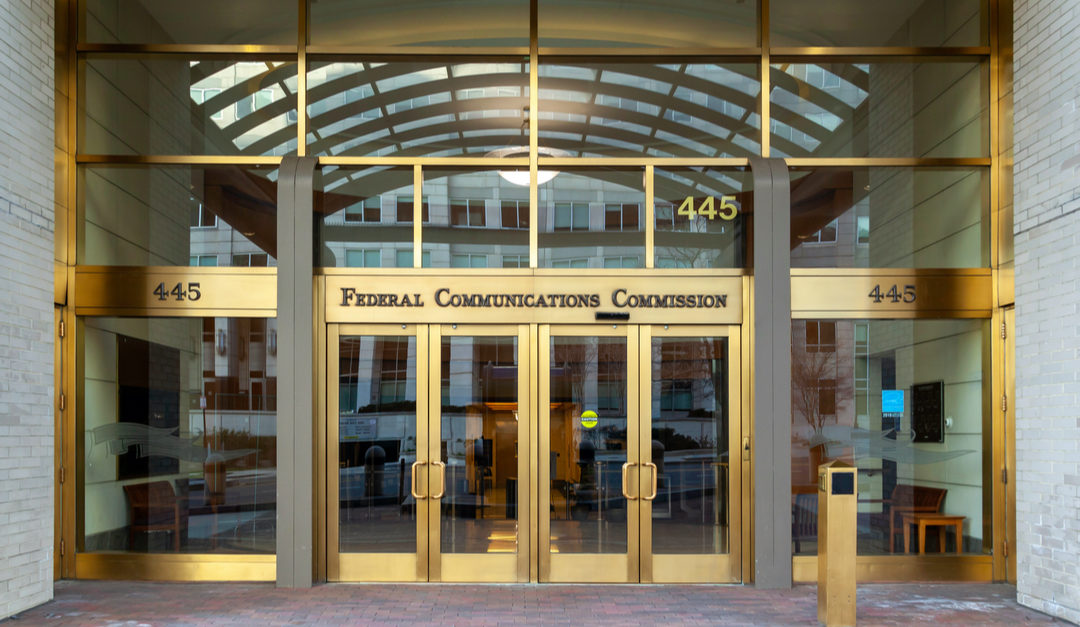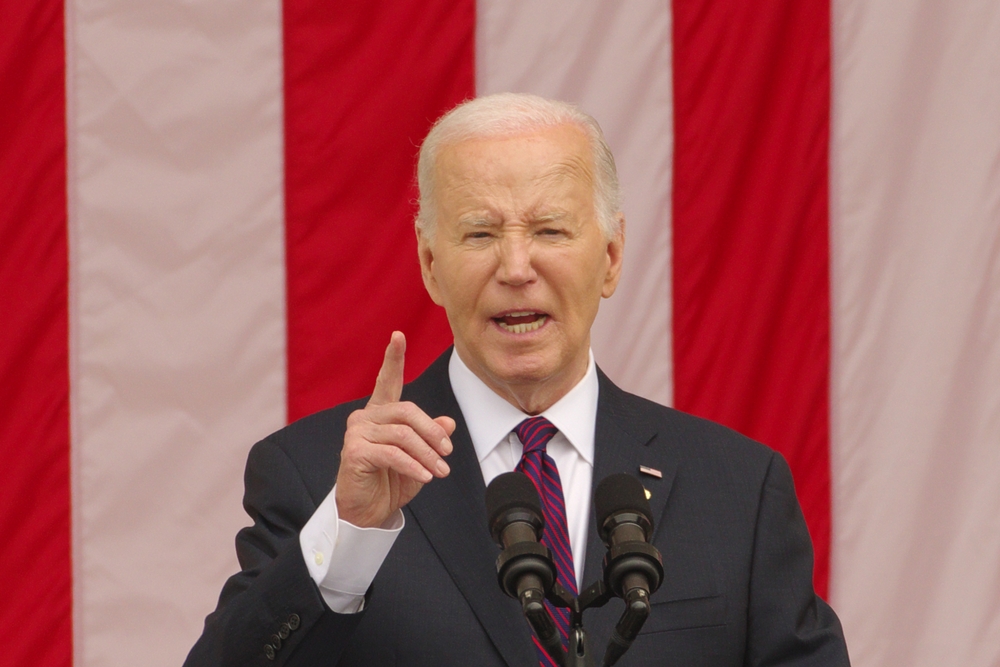Fantasy sports is an industry that’s growing like almost no other. It’s estimated to be a $28 billion market in 2023 and set to grow to more than $50 billion by 2028. Nearly 20% of Americans age 18+ participate in fantasy sports. 20%!
As with all growing industries, innovation is vital to its continued success. But with innovation and growth comes the ever-present threat of government intervention and regulation.
Innovation is the lifeblood of the U.S. economy. A thriving economy depends on a healthy and pervasive innovation ecology across all industries. So, when government directly or indirectly gets in the way, everyone should be concerned.
Computing and sports gaming have a long history of innovation, with computers being used beginning in the early 1960s. More recently, fantasy sports have become increasingly mobile as the computing power that used to take up an entire room can now fit in the palm of our hand. The entire industry has evolved to become one oriented around ease of use, intuition, and convenience.
Sports gambling has grown enormously over the last few decades as, again, technology and innovation have made it more accessible and easier to bet on your favorite team or a risky coin toss. These games of chance depend predominantly on randomness and luck. The gamblers have little to do with the outcome. That uncertainty is the thrill and the appeal. In its simplest form, think of betting lunch with a colleague on the outcome of Monday Night Football.
Something that at first blush may seem similar but is inherently different is fantasy sports. Fantasy sports require skill, insight, assessment, research ability, knowledge, and strategy on the player’s part. The skill of the player directly affects the outcome. Spotting factors that others do not is the thrill of this game, not randomness or luck. The industry’s growth has led to an explosion of new players in this space who want to get in on the action, continue to innovate, and continue to build out new companies and new ideas.
But as is often the case, growth and innovation draw the attention of competitors and government regulators alike. Concerned about the growth of fantasy sports eroding their position in sports betting, some larger, established players are looking to partner with the government to shut out the competition. They want to rig the game by “rent-seeking.” Make no mistake: Innovation and, most importantly, the consumer will suffer.
In economics, “rent-seeking” occurs when companies leverage government to grab a portion of existing wealth or lock in their current market position rather than expending resources, innovating, or otherwise outcompeting others to create their own success. This increases government power as government bureaucracies become the vehicle for gobbling up new or protecting existing market share. Meanwhile, innovation and consumers suffer since government intervention results in an inefficient and unfair allocation of resources, hampering the formation of capital to be invested that would generate further economic growth.
The push is on by those who would slam the door behind them and lock in their position in sports betting. They are actively lobbying across the country, leveraging relationships they have built over the years as a regulated industry. The overt goal is to reverse years of laws and regulations to morph fantasy gaming into gambling. This would force gamers and the fantasy sports industry to labor under extra regulations reserved for those who choose to pursue games of chance rather than those of skill.
States are responding by taking steps to evaluate how government agencies can partner with gaming companies to stop fan-favorite fantasy sports. But the real solution here is simple. Government must not enable those established companies who found success first to build a wall around an entire sector of the economy to preclude competition or innovation.
Games of skill have a different appeal than those games of chance — intellectual challenge versus escapism, outsmarting the field versus the anticipation of an unexpected win. They both have their place, and one is not necessarily better than the other. But conflating the two and subjecting both to identical regulatory burdens fails to protect consumers and serves no one except for government bureaucracies and an entrenched industry trying to snuff out competition.
Bartlett D. Cleland is a research fellow with the Institute for Policy Innovation.
This article was originally published by Sports Business Journal.

Broadband Providers and a Smart FCC: Keep Us Connected While We Stay Distant
"Particularly over the last decade, much has been said about “innovation.” Many have commented on how to create an environment to inspire it, to manage it or benefit from it. In fact, so much has been said that unfortunately many people tune it out. This has happened...

Will 5G get 6GHz?
Will 5G Get 6GHz? Last year was a great year for consumers, business and the FCC as much needed licensed spectrum was auctioned or put in the spectrum pipeline, and critical decisions were made by the FCC related to opening up C-band and 5.9 GHz slices of spectrum for...

IEI Public Comments to the FCC On Authorizing Permissive Use of the “Next Generation” Broadcast Television Standard
Click Here to Read the Full Comments

IEA Signs Coalition Letter on the 6Ghz Band
Click Here to Read the Full Letter

IEA Joins Coalition Urging the Removal of 3.5 GHz CBRS band from the General Spectrum Auction Authority
Click Here To Read The Full Letter

Congress Can Unleash a New Era of Innovation
The reconciliation bill Congressional Republicans are currently drafting could be more than just a fulfillment of President Trump’s promises to extend tax cuts and cut spending. Congress also has the opportunity to unleash a new era of American...

IEI Joins Coalition Against C-SALT
Click here to read the full letter

Policymakers — Don’t Forget WiFi!
As the goals and priorities of this new Congress and Federal Communications Commission (FCC) become more apparent, policymakers would be wise to prominently feature voters’ call for public policies that promote innovation, deregulation, affordability, and economic...

IEA Joins Coalition Supporting Preservation of 3.5 GHz Citizens Broadband Radio Service (“CBRS”) Band
Click Here to Read the Full Letter

IEI Joins Coalition Requesting Dismissal of FCC CBS CAR Complaint
Click here to read the full letter

A Lavish Holiday Season for the Favored Programs of Government
With a month to go, and only a week or so until Christmas, the Biden administration is checking its winners and losers list, and delivering cash packages as fast as it can. Welcome to the season of Bidenomics at the speed of Donner and Blitzen. Bidenomics was peddled...

Institute for Policy Innovation: Global Encryption Day Briefing
The Institute for Policy Innovation (IPI) recently hosted an event on Encryption and Online Commerce featuring the Innovation Economy Alliance's Executive Director Bartlett Cleland. IPI reports "Encryption is vital for secure online commerce and private communication....


Recent Comments